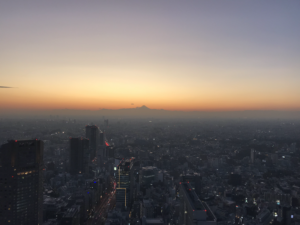The Japanese Sense of Non-Religion
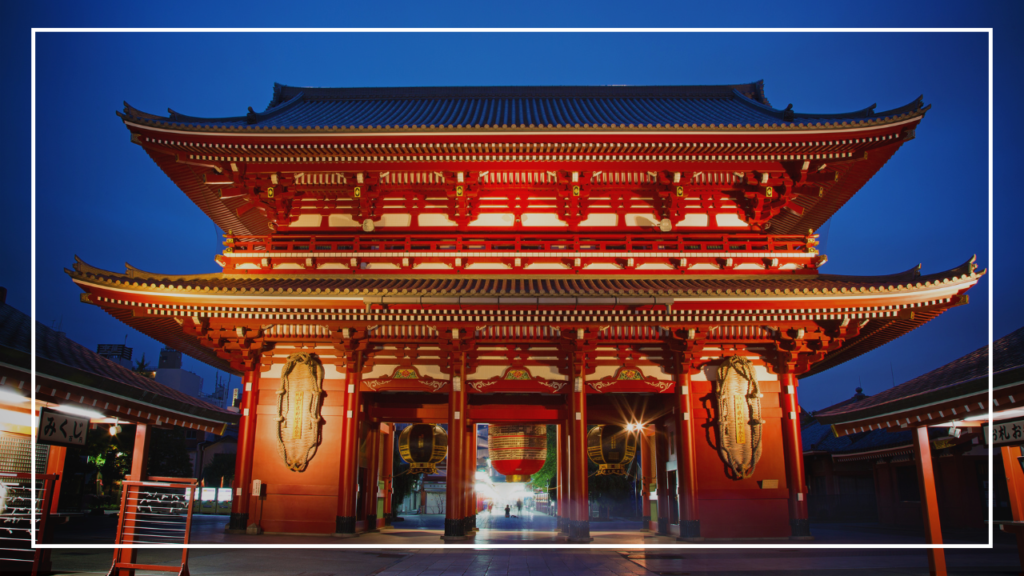
Many Japanese people consider themselves “non-religious.” However, this concept of being “non-religious” can be quite difficult for people from other cultures to understand. In Japan, being “non-religious” doesn’t mean lacking any religious beliefs. Instead, it means not strictly adhering to a single religion, while still incorporating various religious rituals and customs into daily life.
Background of the Non-Religious Sense
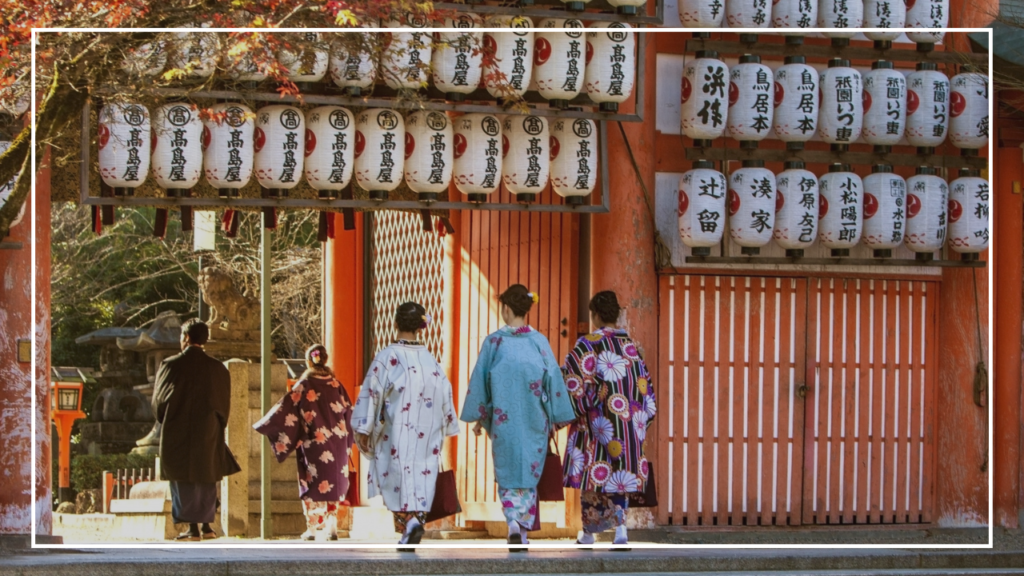
Religion is seamlessly woven into everyday life in Japan.
This flexible approach to religion has been shaped by Japan’s historical religious landscape, where different religions like Shinto, Buddhism, and Taoism have coexisted and influenced each other.
The Concept of “Yaoyorozu no Kami”
In Shinto, there is a concept known as “Yaoyorozu no Kami,” which means “eight million gods.” This phrase signifies the belief that countless gods exist, inhabiting nature and everyday objects. While “eight million” is a literal translation, it actually symbolizes an infinite number.
Examples of “Yaoyorozu no Kami” in Daily Life
The idea of “Yaoyorozu no Kami” is deeply embedded in Japanese daily life. Many households have a “kamidana” (a household Shinto altar) to honor protective deities. Natural features like mountains, rivers, and seas are also believed to be inhabited by gods, and these natural elements are treated with respect and gratitude.
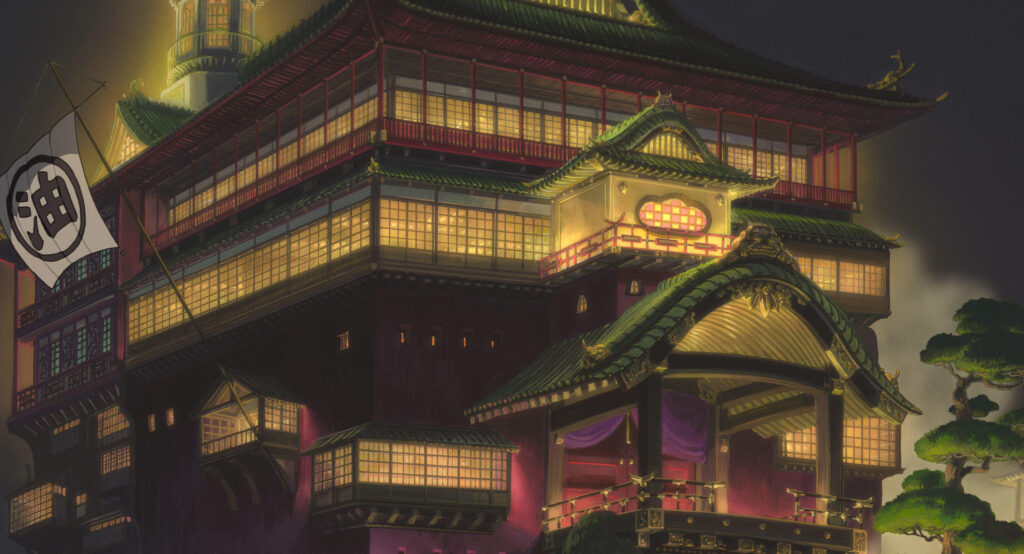
The bathhouse, the setting of Hayao Miyazaki’s world-famous film “Spirited Away,” is a facility that heals the gods who watch over people closely and support them in their daily lives. Haku appears as the river god that Chihiro used to play with when she was a child.
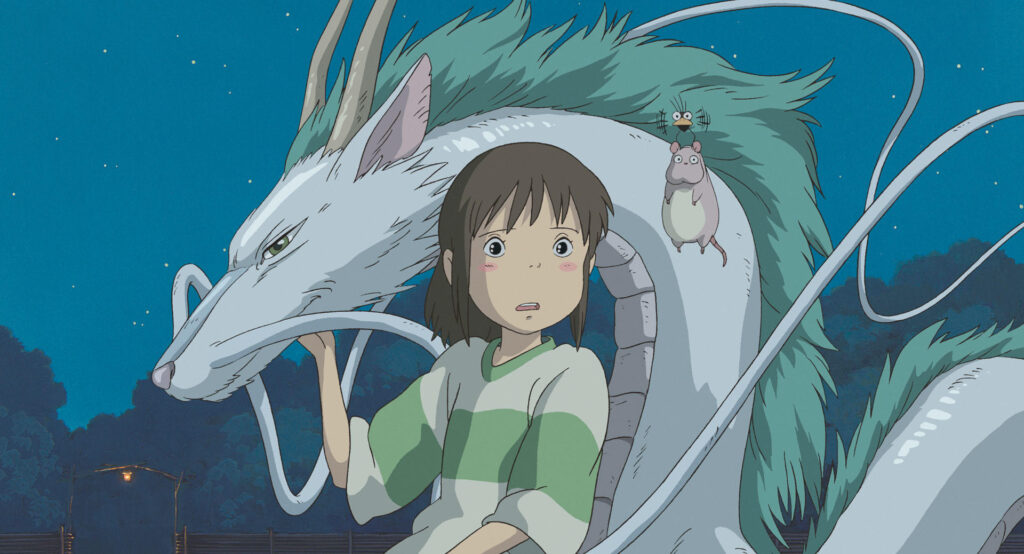
Seasonal festivals and harvest celebrations often involve offering thanks to these myriad gods, reinforcing a sense of reverence for nature and ancestors. This creates a rich spiritual culture deeply intertwined with everyday practices.
Fusion of Non-Religion and “Yaoyorozu no Kami”
At first glance, the Japanese sense of non-religion and the concept of “Yaoyorozu no Kami” might seem contradictory. However, they actually complement each other, forming a unique religious perspective. The non-religious approach allows for a free, flexible way of believing, while “Yaoyorozu no Kami” encourages a mindset of gratitude and respect in everyday life. Together, these elements enable Japanese people to have a holistic and inclusive religious outlook.
Conclusion
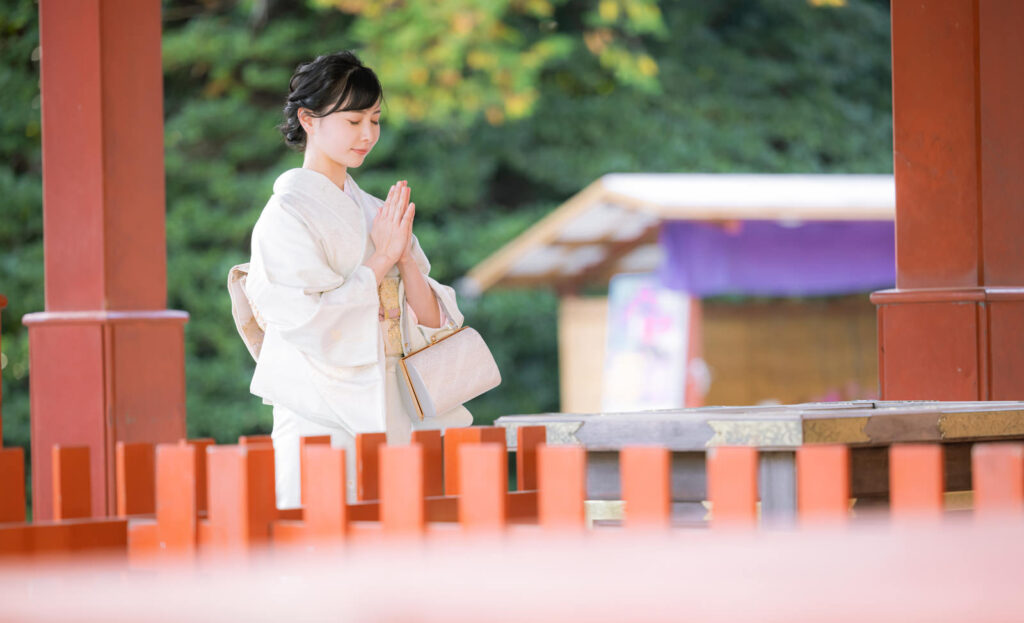
For international readers, understanding the Japanese sense of non-religion and the concept of “Yaoyorozu no Kami” requires a grasp of Japan’s cultural background. Japanese religious views are not based on a single religious system but are the result of multiple religions coexisting and influencing each other over centuries. This flexible religious perspective is deeply rooted in Japanese life and is naturally expressed in everyday activities, such as shrine visits, Buddhist rituals, and nature worship.
Rather than strictly adhering to a single religion, Japanese people naturally incorporate religious elements into their daily lives. For international readers, understanding this unique religious perspective can provide deeper insights into the rich and intricate tapestry of Japanese culture.




